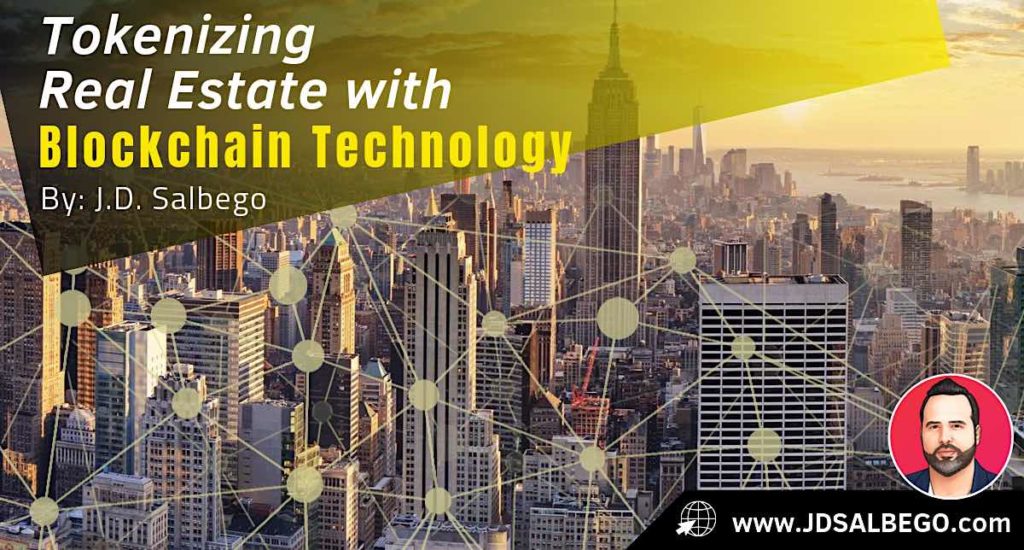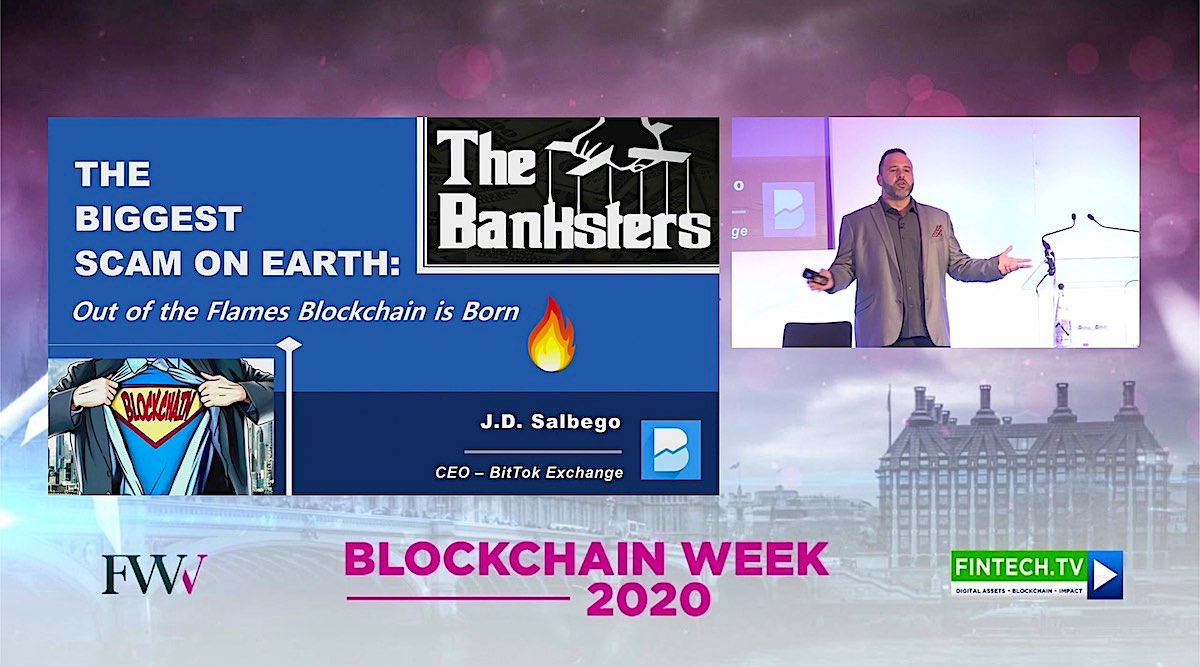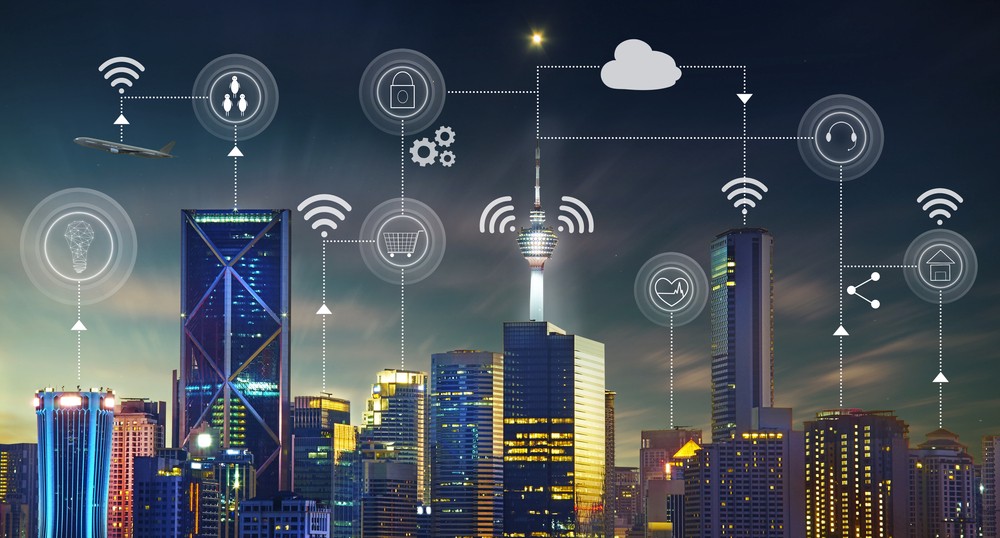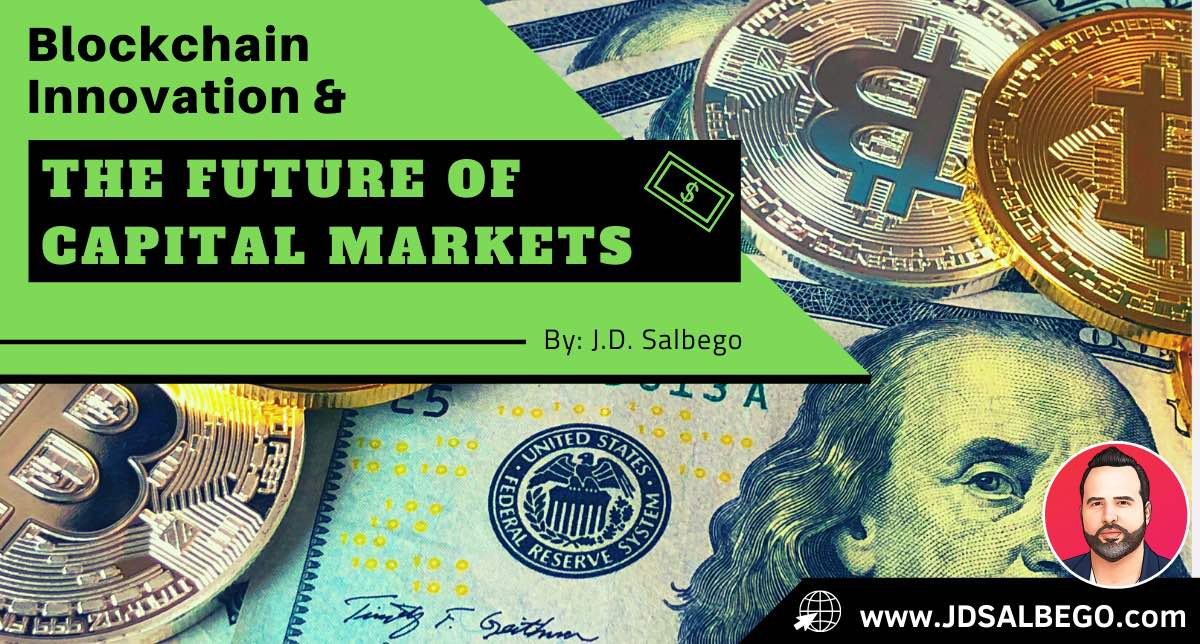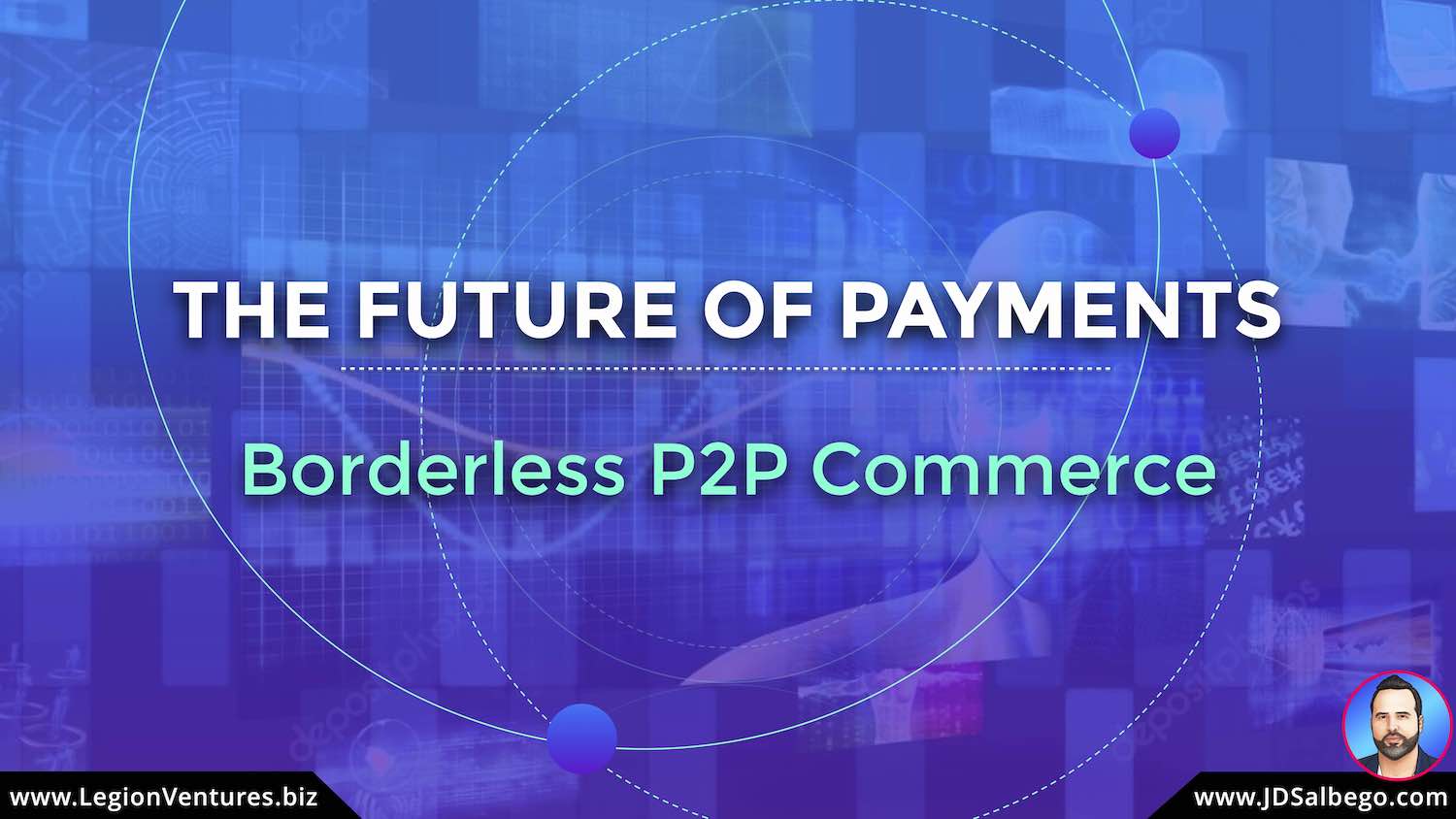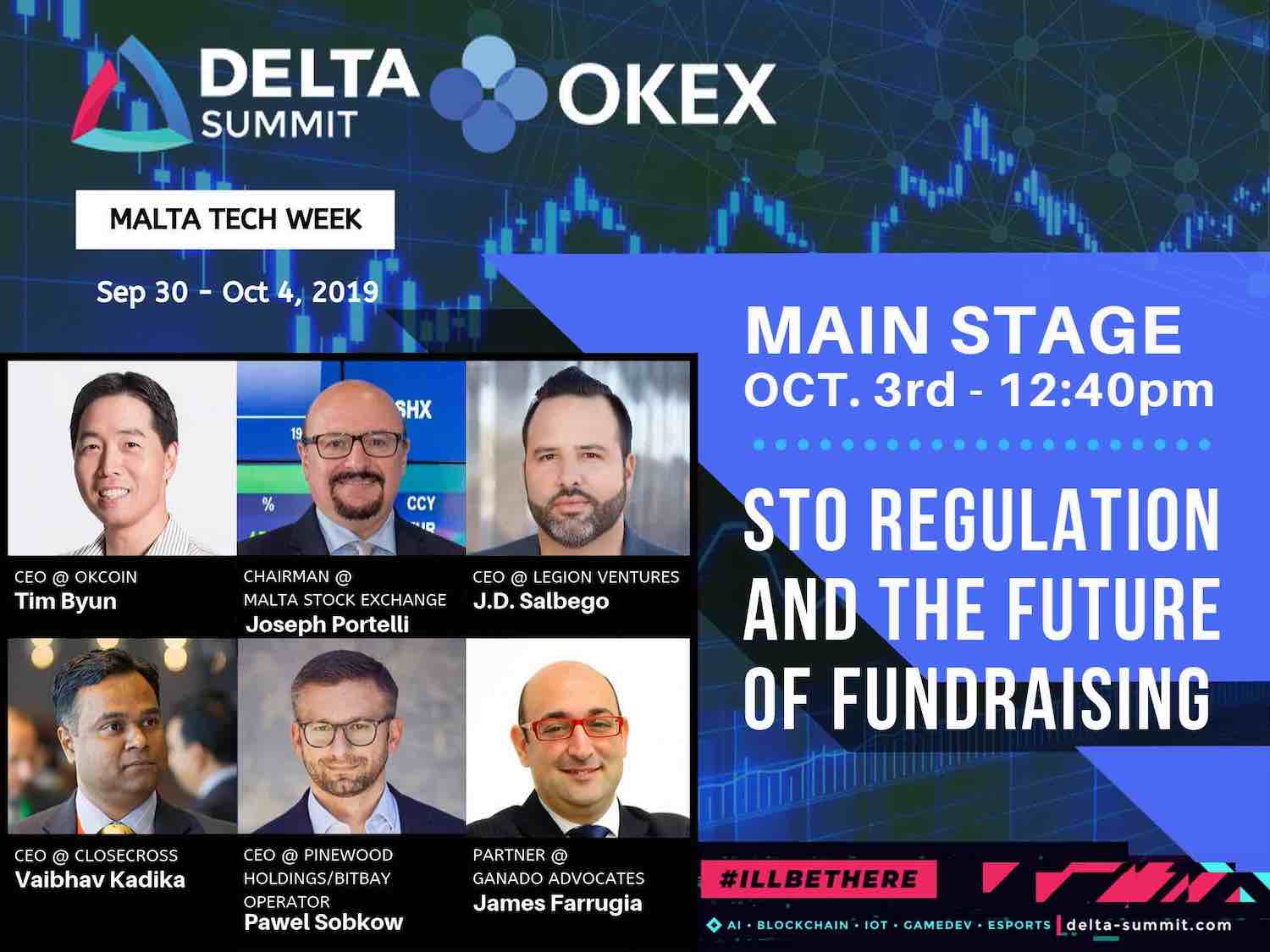Real Estate, with its multiple stakeholders, huge financial stakes, varied and fragmented specializations, and robust regulatory frameworks, is one of the most complicated industries. Moreover, in its present state, it is rife with issues, owing to a large number of intermediaries, inefficient asset management systems, and so on.
Blockchain on the other hand, is rapidly emerging as one of the most groundbreaking technology of our times, which can transform most, if not all of our existing industries. Real Estate is obviously one of them.
Among other things, Blockchain enables the tokenization of assets which, as we will see, could empower the real estate industry for the future. Already, the enthusiasm is high in this regard with companies such as Harbor tokenizing real estate assets worth hundreds of millions.
So, in this article, I discuss some of the essential aspects of this tokenization drive, focusing on what it is, how it can help, and some of its challenges, to name a few.
What is Tokenization?
We cannot proceed fruitfully, without an understanding of what tokenization is. Yet, before that, we must be clear on what Blockchain is.
Now, Blockchain is a lot of things. However, for our purpose, it should suffice to know that it is a distributed ledger technology, which store cryptographically encrypted data in the form of “blocks”. Each block contains a piece of information linking it to the previous block, forming a “chain”.
It involves a decentralized peer-to-peer network, which has no central authority and has an append-only structure. That is, it allows only the addition of data to the end of the chain. No data, once published on the Blockchain, can be altered or modified. Thus, a Blockchain is immutable and fully verifiable by any member on the network.
Being ultimately a database (with a difference of course), Blockchain can be used to store value and records. Moreover, it has the unique ability to use smart contracts, which are pieces of code that can be used to represent any real-world asset.
And, tokenization is the process of creating digital representations of assets using Blockchain-enabled smart contracts. Indeed, it is possible to tokenize any and every kind of asset, liquid or otherwise, ranging from real estate property to works of art.
Tokenizing Real Estate – A Promising Idea
Having discussed what it is, we can now come to our main concern – How can it help Real Estate? At the outset, it’s worthwhile to mention that some of the general benefits of tokenization accrue from those of the underlying Blockchain technology.
Among other things, these include greater transparency, efficiency, reduced establishment costs by ruling out intermediaries, security, seamless data access, and so on. However, tokenization has some specific benefits to offer to the real estate industry.
In what follows, I will simultaneously explore some of the major issues with the industry’s traditional form and how tokenization might help to mitigate the same. This, I believe, would also enable my reader to see the significance of this Blockchain-powered process.
Illiquidity to Liquidity
By nature, assets in real estate are illiquid to a great extent. According to Investopedia, “illiquid refers to the state of a stock, bond, or other assets that cannot easily be sold or exchanged for cash without a substantial loss in value.”
Consequently, sellers of real estate have to bear a significant amount as illiquidity discounts. And, some of the major reasons behind this include lack of public markets, difficulty in transactions, inadequate access to capital.
For all of these, tokenization can be of great help. First, and most importantly, by transferring the value stored in physical, tangible assets onto tokens, tokenized real estate benefits from liquidity. As a result, they can be transacted easily over Blockchains.
Moreover, Blockchain technology greatly widens the industry’s access to public markets, and to accrue funds from therein. On this point of investment opportunities, we have our next benefit.
Fractional Ownership and Investment
Real Estate assets are extremely high value, more often than not. As a result, the entry threshold for investors is also high, meaning that small investors cannot participate in the industry.
Moreover, traditional investments in real estate are mostly geographically limited, and project owners have to rely primarily upon private investors.
Tokenization, however, enables fractional ownerships, ushering newer and much broader scopes for the industry. While the smallest unit of a fiat currency, such as USD, can be 0.01, tokens can accommodate up to 18 decimals. This, in turn, brings back small-medium investors into the real estate scene.
Tamper Proof Ownership
Corruption and opaque ownership transfer protocols plague the real estate industry in its present form. As already mentioned, data on Blockchain is highly immutable, as well as, verifiable.
Thus, ownership records stored on Blockchains are also tamper-proof. Moreover, using smart contracts, it is possible to automate the entire process of ownership transfer, making it more secure, transparent, and fast. With seamless data access offered by Blockchain, verification of ownership also becomes much easier than otherwise.
Smart contracts (here tokens) can also incorporate regulations, meaning that losses due to faults in this regard are also significantly reduced through automated compliance.
The Present Scenario
As an idea, tokenization has immense promise. Yet, when it comes to practice, it is still faced with some major challenges.
Just like the benefits, some of these are typical to anything related to Blockchain. Because, presently, Blockchain technology lacks scalability and is highly resource-intensive, which prevents its mainstream usage.
Furthermore, although its tokenized representation is illiquid, the underlying asset is still fixed and immovable, nonetheless. Thus, what is gained in tokenization, is somewhat depreciated by the very nature of real estate assets. Also, the stringent regulatory policies which stagnate the industry do not actually go away with tokenization.
Despite all, there’s indeed a silver lining. As it is, the real estate industry is huge. In 2018, the estimated value of commercial real estate in the US alone was $16 trillion, while its residential counterpart is placed at $27 trillion in 2019. Globally, the market is expected to reach $4,263.7 billion by 2025. And, we are already witnessing significant instances of tokenization drives in this massive industry.
Current Tokenized Real Estate Assets
I’ve already mentioned Harbor, but apart from them, Fortem, a Polish real estate tokenization platform, is on track to launch its first IEO. BTG Pactual, the biggest investment bank in Latin America, launched a ReitBZ, a tokenized $15M distressed Brazilian Real Estate asset fund. Recently, BTG Pactual also partnered with Dalma Capital a Dubai asset manager, to sell more than $1 billion worth tokenized Real Estate assets together. Earlier this year Elevated Returns and Securitize, also released plans to tokenize $1 billion’s worth of real estate property using the Tezos Blockchain.
Apart from these, we obviously have companies such as tZero and Polymath, which have not only been among the pioneers in tokenization but also perpetually strive to make better use of available technology.
In all, we can indeed look forward to a transformed real estate industry, with smoother processes, better investments, enhanced transparency, better compliance, and so on. And, of course, tokenization will only evolve to stamp out the issues that it faces at present.
